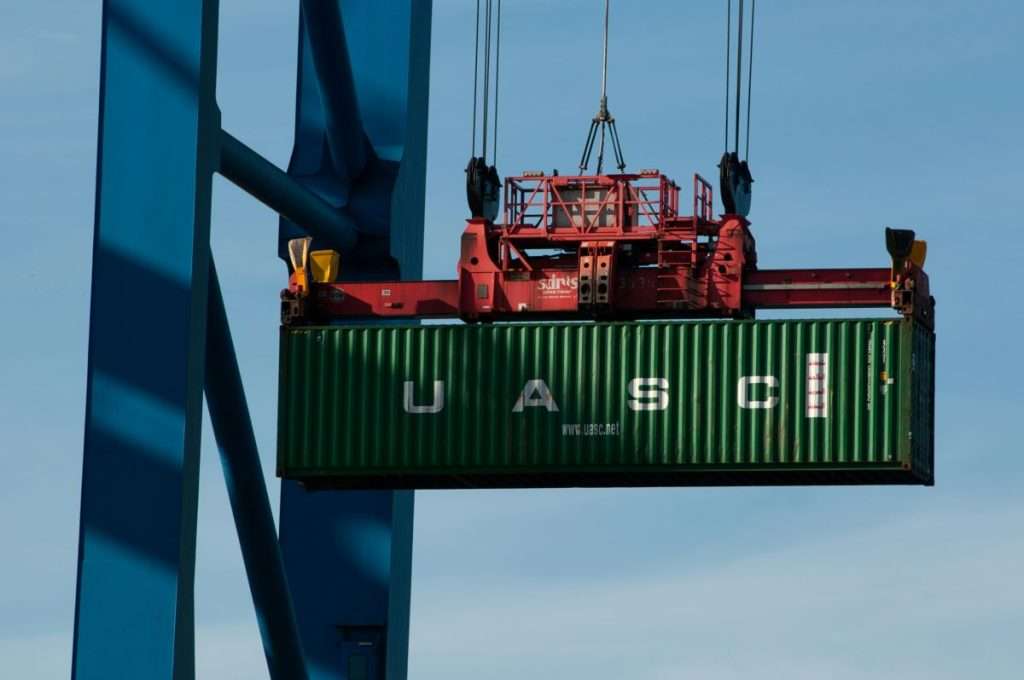The Department of Transportation recently announced that the Port of Oakland and the Northwest Seaport Alliance, which includes the seaports in Seattle and Tacoma, Washington, have joined the federal supply chain data initiative, FLOW. This inclusion means that FLOW now covers all major container ports on the U.S. West Coast, accounting for approximately 95% of inbound container volume to the region.
Expanding the Network: West Coast Ports Embrace Data Sharing
FLOW is a data-sharing initiative aimed at improving supply chain visibility and addressing potential challenges. The program currently has over 170 active or onboarding shippers, carriers, and other supply chain stakeholders. Participants share crucial information, such as import purchase orders and cargo volumes headed to specific ports. This data aids shippers in planning logistics operations and forecasting potential port congestion.
Toshiko Hasegawa, Port of Seattle commissioner and co-chair of The Northwest Seaport Alliance, emphasized the collective benefits of data sharing. By sharing data and insights, we can collectively optimize freight movement, reduce congestion, and strengthen the resilience of our region’s logistics network,” Hasegawa said.
Companies like Home Depot, ITS Logistics, C.H. Robinson Worldwide, and IMC Companies have already utilized the platform to share valuable information and identify challenges during disruptions, such as the Baltimore bridge collapse.
Enhancing Decision Making: The Impact of Improved Supply Chain Data
However, FLOW members have expressed the need for more data to aid decision-making in freight movement. Jennifer McNeill, SVP of supply chain operations at True Value, believes that as the data quality improves, it will have more applicability and instill greater confidence in decision-making based solely on FLOW data.
As data-sharing initiatives like FLOW continue to grow and gain traction in the supply chain industry, the potential for enhanced transparency, efficiency, and resilience becomes increasingly evident. With key players joining forces to share insights and streamline operations, the future of supply chain management looks promising.







